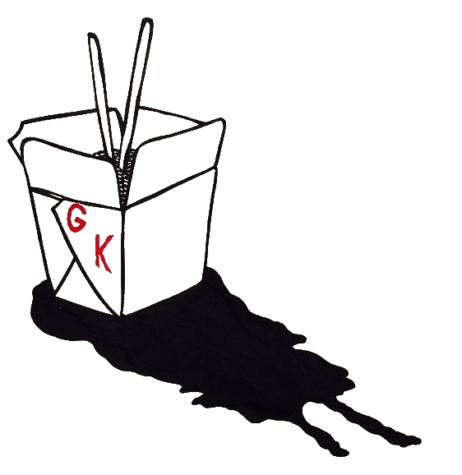My Take Away From Marvel’s Black Panther
Is it just a movie?
 I have been a fan of Marvel comics for as a long as I can remember. Seeing all of the conversation surrounding X-Men and Avengers characters in the mainstream takes me back to being a little kid watching reruns of the superhero cartoons from the 90s on Jetex and Cartoon Network. Spiderman, X-Men and X-Men Evolution were some of the best and if you can’t remember them, you’re either a square or you’re just too young. Growing up, I never noticed that most of the superheros were white because it wasn’t relevant to me. All of the characters were fictional in my eyes, so I didn’t see the importance of representation. This is why it was hard for me to relate to the people expressing their excitement about MCU’s latest blockbuster, The Black Panther.
I have been a fan of Marvel comics for as a long as I can remember. Seeing all of the conversation surrounding X-Men and Avengers characters in the mainstream takes me back to being a little kid watching reruns of the superhero cartoons from the 90s on Jetex and Cartoon Network. Spiderman, X-Men and X-Men Evolution were some of the best and if you can’t remember them, you’re either a square or you’re just too young. Growing up, I never noticed that most of the superheros were white because it wasn’t relevant to me. All of the characters were fictional in my eyes, so I didn’t see the importance of representation. This is why it was hard for me to relate to the people expressing their excitement about MCU’s latest blockbuster, The Black Panther.
I was very excited to see the film but I was excited as a fan of comic books and MCU. I couldn’t understand why people who didn’t see Captain America: Civil War or any of the other excellent MCU films that lead up to the Black Panther were so excited to see the film. I couldn’t understand the value in creating long twitter threads about the cultural significance of a film that no one had even seen. I couldn’t understand why people who had never even been to any countries in Africa were dressed in traditional african garb and working so hard to be visible at the premier of the movie.
After seeing the film, it definitely has great cultural significance to me, but not for the reasons that most of the people I described are expressing. I was impressed with the social commentary and political undertones of the film. In two hours and fifteen minutes, this movie addresses xenophobia, conflict between African Americans and Africans, ethnocentrism and so much more. I also think this film set some important precedents for young men and women of color in Hollywood and broadens the range of roles they can have in the future. An example of this is the fact that Wakanda’s greatest warrior was a black woman and she was the general of their powerful military comprised of black women. Another excellent example of the film challenging the conventions is the fact the villain, who was black, was raised in the hood in Oakland in a particularly dangerous time in the city’s history but grew up to graduate from the naval academy in Annapolis. I completely understand why Black Panther is an important movie for black movie watchers now but i’m still not buying the hype.

Wassup yall? My birth certificate says Steven Christopher Aldridge but the homies call me GOODKVRMA. I am a senior at SSFS. I'm social entrepreneur, an...
